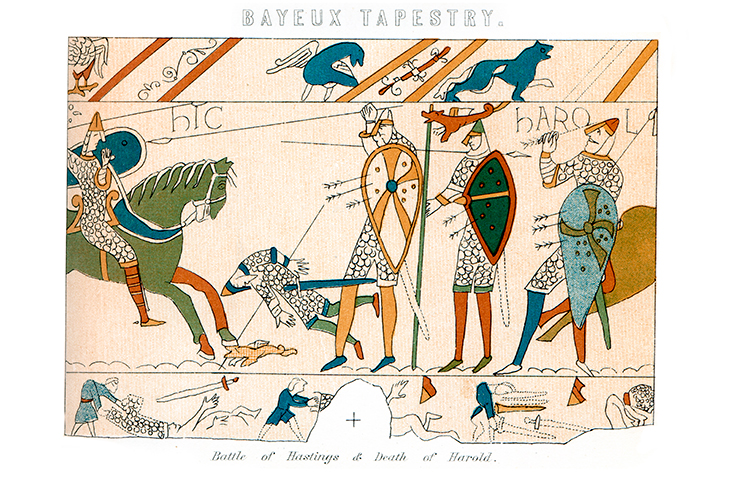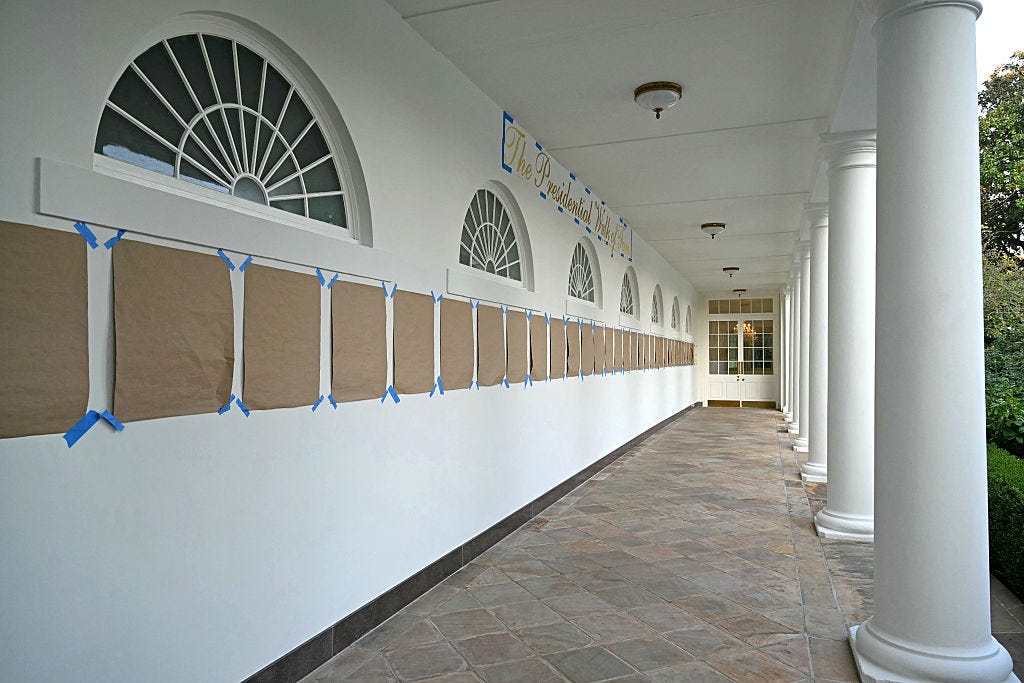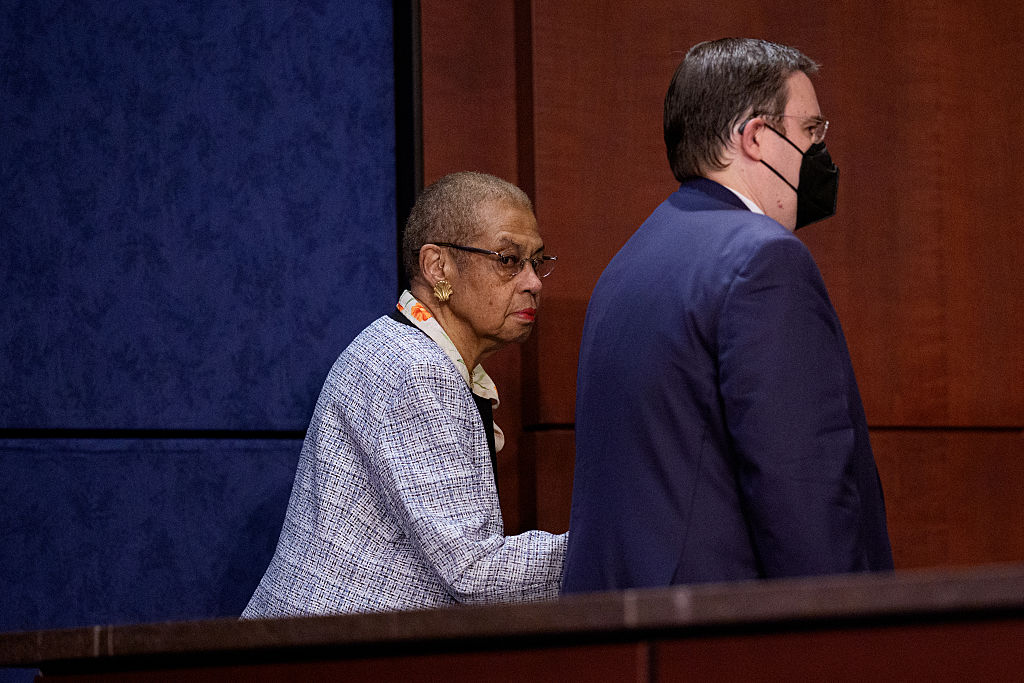Restorative justice for the victims of colonialism is an idea whose time has come. A few years ago, the Indian diplomat Shashi Tharoor suggested Britain pay India compensation to atone for centuries of colonial rule. ‘I’d be quite happy if it was £1 a year for the next 200 years,’ he said.
In April, Cambridge University announced a two-year study into how buildings and wine cellars might have been constructed on the backs of slaves. ‘There is growing public and academic interest in the links between the older British universities and the slave trade, and it is only right that Cambridge should look into its own exposure to the profits of coerced labour during the colonial period,’ said Vice Chancellor Stephen Toope.
Too right. Glasgow University has already conducted a study into its own links with slavery and concluded that £200 million worth of its wealth was ill-gotten in this way — though it hasn’t yet decided what form reparations should take. In America, the House Judiciary Subcommittee on the Constitution, Civil Rights and Civil Liberties held a hearing in June to examine ‘the legacy of the transatlantic slave trade, its continuing impact on the community and the path to restorative justice’. The campaign has received support from nearly 60 House Democrats and a string of the wokest Democratic presidential candidates, including Kamala Harris and Elizabeth Warren.
To those who suggest we might be better spending our time righting the injustices of today rather than of the distant past I say: shame on you. If these wrongs are not righted through compensation they will live on in our collective shame and the descendants of the victims will continue to suffer. Far from abandoning the principle of restorative justice we should be expanding it and exploring what other injustices might be put right through financial compensation.
One glaring example is the great evil visited on the Anglo-Saxon population by the Normal Conquest of 1066. By any standard, the effect on indigenous English society was enduring devastation. Through war, invasion and genocide, the Anglo-Saxon ruling class was almost entirely replaced, control of the church and state surrendered to foreign adversaries, English replaced by Norman French as the language of government, and England’s entire political, social and cultural orientation shifted from Northern Europe to the continent for the next thousand years.
This matters because, just as the pain of colonialism continues to be endured by its descendants, the Conquest continues to have lasting effects. In his study of surnames and social mobility, economic historian Gregory Clark concluded that Norman surnames continue to be 25 percent overrepresented at Oxbridge to this day relative to other indigenous English surnames. As Clark put it: ‘The fact that Norman surnames had not been completely average in their social distribution by 1300, by 1600, or even by 1900 implies astonishingly slow rates of social mobility during every epoch of English history.’ Not for nothing did Nonconformists and Whigs loudly oppose ‘the Norman yoke’ during the 17th and 18th centuries.
Cambridge University, which still drips with Norman money and influence, should now consider to what extent it needs to compensate its Anglo-Saxon victims. The Sutton Trust estimates that Oxbridge graduates earn £400,000 more during their lifetimes than graduates from other UK universities. These figures imply that descendants of the rapacious Norman invader class could be earning tens of thousands of pounds more than other graduates — an undeserved lifetime premium that has survived 31 generations. So, reparations must certainly be made. But who shall pay, and who shall receive?
It should be straightforward for a Royal Commission to trace the present-day descendants of Britain’s Norman usurpers through a combination of genealogical and administrative research as well as — inevitably — mandatory genetic testing. A small tax on the Lampards, Vardys and Gascoignes of the world, payable to the Bamfords, Bransons and Ecclestones, would be sufficient to catalyze healing for the open sores of the past.
What are the sums involved? By 1086, the Norman arrivistes had stolen almost a third of the 12.5 million acres of arable land in England, parcelling it into manorial estates. At a conservative estimate, that land is now worth £7,000 per acre — or £25 billion in total that the Normans owe Anglo-Saxons for the Conquest. France’s liability could, of course, be offset against our exit bill from the EU.
There will be inevitable quibbles, such as descendants of Normans claiming that they were not personally responsible. But this is feeble prattle. Countries typically honor treaties dating hundreds of years in the past, despite no one being alive who signed them. We pay debts accumulated by previous generations. Similarly, reparations correctly depend on a notion of collective and inherited responsibility, precisely why the Jews were held accountable for the death of Jesus Christ for most of the Christian era.
We are learning every day just how deep our roots in the past lie. The more we learn, the more necessary it is to see the past in terms of the attitudes of the present, and to rectify regrettable aspects. Eventually these may encompass events as old as the Indo-Aryan invasions of 1500 bc, which produced the Hindu caste system, as well as more unheralded travesties such as the American conquest of the Philippines, which introduced junk food, soap operas and general bad taste. Ultimately, only by demarcating a special class of victims and making grievance inheritable can we address the sins of the past and promote harmony in our own world.
Of course, in Britain one Royal Commission is unlikely to be sufficient. Once the Anglo-Saxon population has been compensated, surviving descendants of the ancient Britons will understandably want to seek redress from the Anglo-Saxons themselves for crimes committed during that earlier settlement. Justice must be served, even if it means even more public money disappearing over the Severn Bridge into Wales. But hopefully it will be made up for by the billions we are owed by present-day Scandinavians in compensation for all that rape and pillage by the Vikings.
This article was originally published in The Spectator magazine.

























